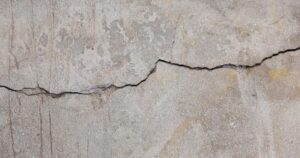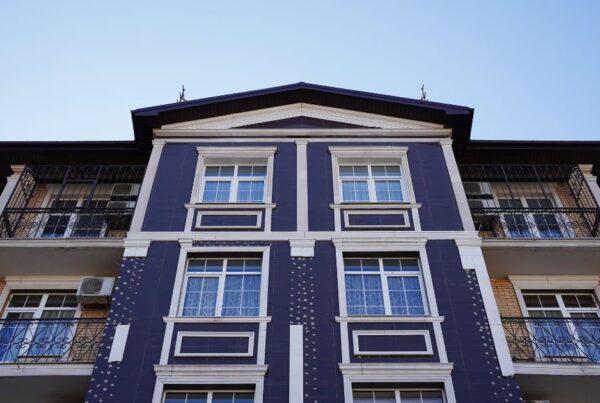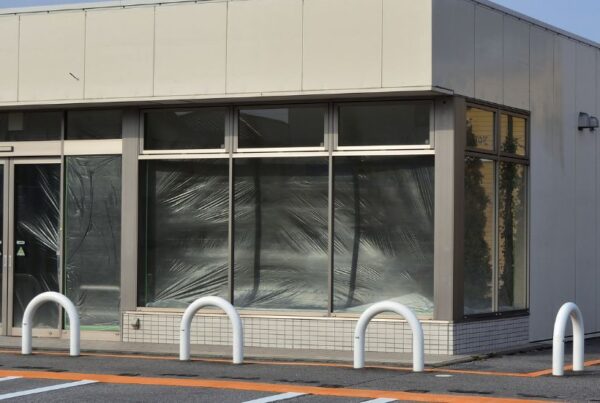For property investors, developers, and business owners in Florida, purchasing or developing a building comes with significant financial risk. One of the often-overlooked risks is latent construction defects, problems that aren’t immediately visible but can lead to expensive repairs, lost revenue, or even safety liabilities years after a building is completed.
Florida law provides a safety net for these cases: the 10-year statute for construction defects. Understanding this statute is crucial for protecting your investments, mitigating liability, and ensuring your commercial projects remain profitable.
What Is Florida’s 10-Year Commercial Construction Defect Statute?
Under Florida Statutes Section 95.11(3)(c), commercial property owners and developers have 10 years from the date of substantial completion to bring a lawsuit for latent construction defects.
Key points for commercial properties:
- Latent construction defects are hidden issues that are not discoverable during ordinary inspections.
- Major construction defects can affect structural integrity, building systems, or safety, potentially leading to high repair costs and operational disruptions.
- The law applies to both new builds and major renovations.
For commercial developers and investors, this statute is a critical consideration in risk management and property due diligence.
Common Commercial Construction Defects Covered
The 10-year statute covers construction defects that significantly impair the value, safety, or functionality of a commercial property. Examples include:
- Structural failures in foundations, load-bearing walls, or steel framing
- Roof leaks or waterproofing issues leading to tenant damages
- Faulty HVAC, plumbing, or electrical systems in office or retail spaces
- Improper fire protection or safety system installation
- Deficient exterior envelope causing water intrusion or mold
Even small-seeming flaws can escalate into major liabilities affecting tenant safety, occupancy, and property valuation.
How the 10-Year Clock Works for Commercial Buildings
For commercial investors and developers, determining the start of the 10-year period can be tricky:
- The statute typically starts at the certificate of occupancy or substantial completion date.
- For phased developments or multi-building projects, the clock may differ for each section.
- Documenting the completion date and final inspections is critical to protecting your legal rights.
Understanding when the statute begins helps investors and developers plan inspections, warranties, and risk mitigation strategies.
What If a Defect Emerges After 10 Years?
Once the 10-year period expires, legal claims for construction defects are usually barred. Exceptions may apply:
- Fraudulent misrepresentation by the builder or contractor
- Deliberate concealment of known defects
- Extended warranties or contractual agreements that go beyond the statute
A commercial construction attorney can evaluate whether your specific scenario qualifies for an exception, vital for protecting multi-million-dollar investments.
Proactive Steps for Commercial Property Investors
Commercial developers and property investors can take several steps to safeguard against latent defects:
- Hire specialized building inspectors and engineers for pre-purchase or pre-lease evaluations.
- Document all construction phases: retain contracts, plans, inspection reports, and communications.
- Negotiate builder warranties and insurance clauses before signing contracts.
- Notify contractors promptly if defects are discovered to preserve legal remedies.
- Consult a commercial construction attorney experienced in Florida law to review your options and timelines.
Proactive measures protect your investment, tenants, and bottom line while ensuring you meet statutory deadlines.
Why Commercial Developers Need an Experienced Florida Construction Attorney
Commercial construction defect cases are high-stakes and highly technical. An experienced attorney can:
- Review contracts, insurance policies, and warranties to identify exposure
- Interpret engineering reports and coordinate expert testimony
- Advise on litigation vs. alternative dispute resolution options
- Navigate Florida’s 10-year statute to protect your rights and investments
For investors managing multi-property portfolios, having an attorney early can prevent costly disputes and reduce operational risk.
Key Takeaways for Commercial Property Investors
- Florida’s 10-year statute provides a decade-long window to sue for latent defects in commercial properties.
- Only major defects affecting structural integrity, safety, or function are typically covered.
- Accurate documentation of completion dates and inspections is essential.
- Early legal consultation ensures your claims are valid, timely, and strategically managed.
If you’ve been affected by construction defects, are investing in commercial property, or are developing a building in Florida, contact one of our experienced attorneys in Miami at 305-570-2208.
You can also reach our founding attorney, Eduardo A. Maura, directly at eduardo@ayalalawpa.com.
Schedule a case evaluation online here.
[The opinions in this blog are not intended to be legal advice. You should consult with an attorney about the particulars of your case.]
Subscribe to Our Blog
Stay informed with our latest blog posts delivered directly to your inbox. Gain valuable legal insights, tips, and advice from our seasoned attorneys.








